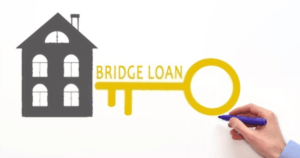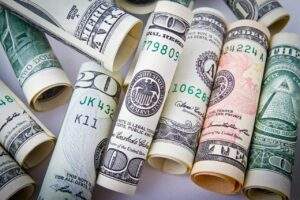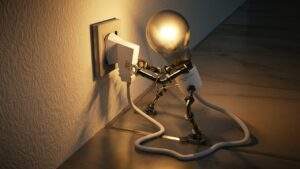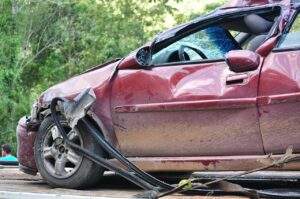How to Use Your Fixed Deposits to Purchase a Car on Loan

Fixed deposits are a popular option among individuals looking to make investments in a low-risk financial avenue. A number of banks and NBFCs give individuals the option of investing in fixed deposits. The benefit of a fixed deposit is that the interest rate offered on the deposit is higher than the interest rate offered for regular savings bank accounts.
Also, the returns that you receive through an FD are guaranteed, and thus suitable for individuals who are risk-averse. Fixed deposits are also highly liquid – although the money is not meant to be withdrawn before the specified maturity date, customers can choose to break their deposit by paying a nominal penalty.
In addition to these benefits, fixed deposits also give account holders the option to take a loan against the deposit amount. Thus, if you are looking to purchase a car but don’t want to avail a car loan, you can opt to take a car loan against your fixed deposit.
Benefits of Taking A Car Loan Against A Fixed Deposit
The various benefits of taking a car loan against your existing fixed deposits are as follows:
- Most banks allow you to borrow between 80% and 90% of the loan amount. The quantum of loan offered, however, will vary based on the lender’s terms and conditions.
- The applicable interest rates for loans against fixed deposits are comparatively lower than the interest rates charged for car loans. The interest rate for loans taken against fixed deposits usually ranges between 1% and 2.5% over the interest rate that is received on the fixed deposit.
- There is no processing fee involved. When you apply to a bank or a financial institution for a car loan, you will, in most cases, have to pay a processing fee, which will increase the overall cost of your loan. In comparison, when you take a car loan against your existing fixed deposits, you will not be charged an interest rate, thus helping you save money.
- The repayment period for car loans taken against fixed deposits is decided based on the repayment capacity of the borrower. The bank/financial institution, however, may have a maximum repayment period.
- To avail a car loan against your fixed deposits, you do not have to break your current fixed deposit, as long as the EMIs are paid on a periodic basis.
- In the case of regular car loans, you may be charged a pre-closure or pre-payment fee if you pre-pay the loan amount. In comparison, you can pre-pay your loan at any time if you take a car loan against your fixed deposits. Further, you will not be penalised for pre-paying the loan amount.
- Unlike regular loans, individuals who take a loan against their fixed deposits will remain the sole owner of their car.
How to Apply
To apply for a loan against your fixed deposits, you will need to submit an application to the bank/financial institution. A number of lenders now allow customers to apply for a car loan against their fixed deposits through online channels as well. While applying for the loan, you will be asked to submit the certificates or receipts of the fixed deposits that you hold with the bank.
Things to Keep in Mind
- The interest rate charged for loans taken against one’s fixed deposits varies from lender to lender. Thus, as an applicant, it is best to check and compare the interest rate that is quoted by your bank.
- Most banks and financial institutions do not issue loans against fixed deposits that are in the name of a minor.
- Given that the loan amount offered usually amounts to a certain percentage of the deposit held with the lender, you should ensure that you have the funds to pay for the remaining amount that will not be covered by the loan.
- If you fail to repay the click here EMIs as per the schedule provided by the bank, the bank may close your FD account to recover the loan amount.
- The tenure of the loan repayment period cannot exceed the tenure of the fixed deposit.
- Keep in mind that you will continue to earn returns on your fixed deposits even after you take a loan against them.
- If your fixed deposit account is one that is jointly held, it is necessary for the other account holder to also sign the loan application form.
For individuals who have invested in fixed deposits, taking a car loan against their fixed deposit may work out to be more cost-effective than taking a traditional car loan from a bank or financial institution. Make sure to check for any bank-specific terms and conditions that you may need to be aware of before applying for the loan. Further, the eligibility criteria to apply for a car loan against one’s fixed deposits may vary slightly from lender to lender. Thus, make sure to do your due research with regard to the eligibility criteria. Once you avail a car loan against your fixed deposits, ensure that you repay the due amount as per schedule.







